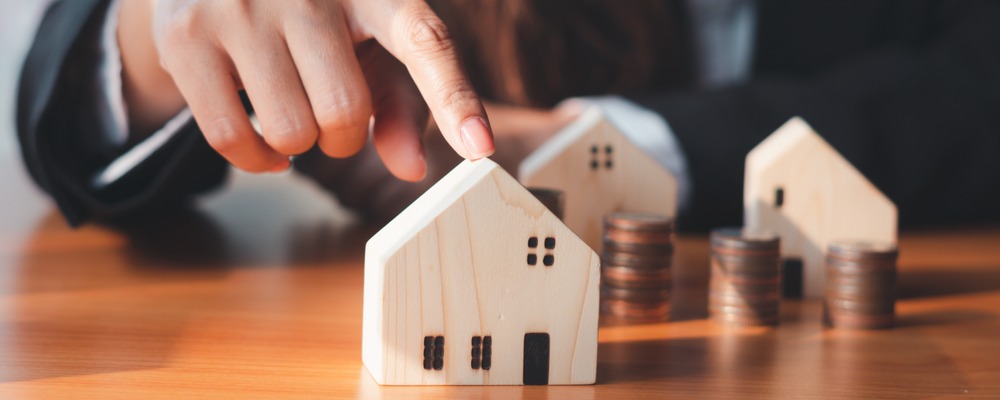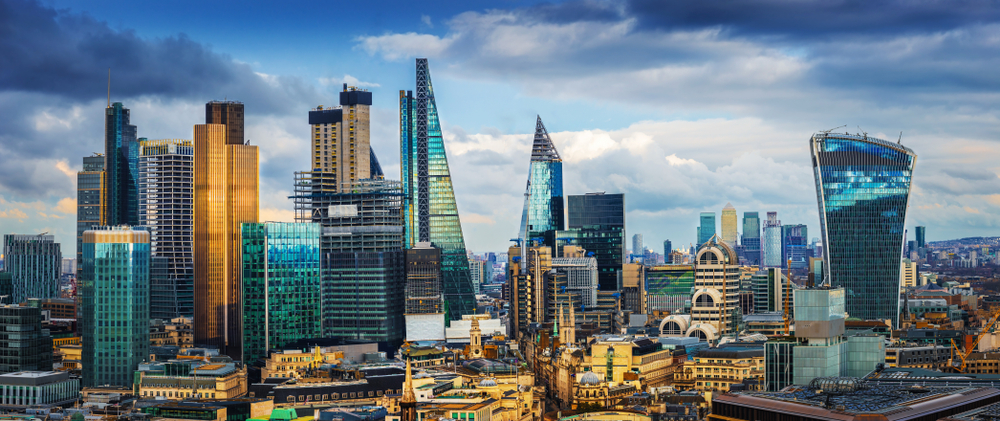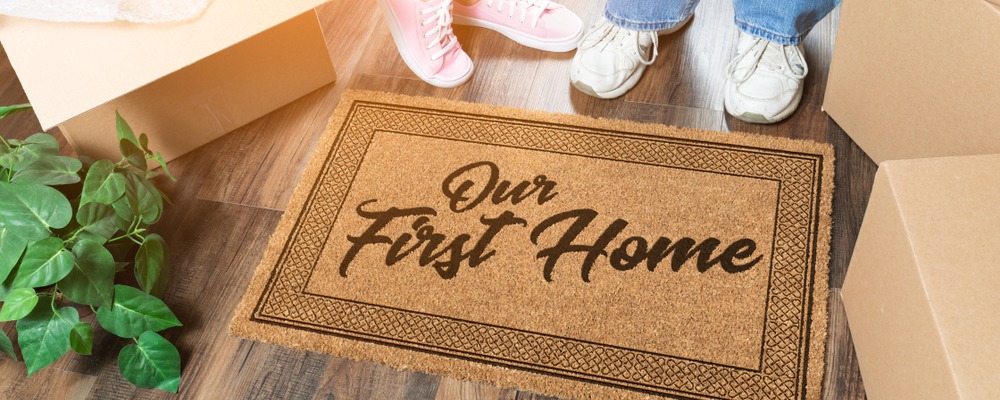
Deciding whether to rent or buy a house is a common struggle among buyers, and the answer depends on personal circumstances and short and long-term projects. If you're wondering which option is best for you, our guide can help.
We'll explore the advantages and disadvantages of buying and renting, as well as other important considerations.
Key Takeaways
Cost comparison
• Renting is more affordable in the short term
• Long-term homeownership can be cheaper despite potential mortgage bill increases
Pros of buying
• You could benefit from capital growth in the long term
• You have your own place, meaning you’re your own landlord
• You have the freedom to decorate your home as you wish
Pros of renting
• It’s easier to relocate
• The process is faster
• Landlords handle repairs
• You won’t be impacted if your home’s value decreases
What are the advantages and disadvantages of buying?
Buying a home comes with significant advantages but also some drawbacks. These include the following:
| Advantages | Disadvantages |
| You have the added security of owning a home. |
Owning a home comes with additional costs on top of the mortgage. |
| You can benefit from capital growth in the long term. |
Interest rates may increase, meaning your mortgage may as well. |
| You can decorate your home as you wish without asking for permission. |
You're responsible for maintenance and repairs. |
| Your mortgage may be cheaper than rent. |
Selling can take time, so you may be unable to move whenever you like. |
What are the advantages and disadvantages of renting?
Like buying, renting also comes with advantages and disadvantages. We’ve listed some of these below:
| Advantages | Disadvantages |
| Renting gives you more flexibility to move. |
You'll pay your landlord's mortgage rather than your own. |
| You won't be responsible for maintenance or repairs. |
You won't benefit if the property's value grows over time. |
| You may be able to live in an area where you couldn't afford to buy. |
You'll need to follow the tenancy rules, meaning you likely won’t be able to decorate as you like. |
| Your rent could increase if you renew your contract. |
Is it cheaper to buy or rent?
Renting can be cheaper in the short term, with less upfront costs. However, buying can be more convenient in the long run, especially if interest rates are low and you can save for a deposit. You'll also benefit from capital growth if your property's value increases.
Important considerations
If you’re unsure whether you should buy or rent a home, we’ve compiled some essential questions to help you make an informed decision.
H3: How much can I save for my deposit?
Saving for a deposit is the first step towards buying a home. Most lenders will require a 10% deposit, though you can get a mortgage with a 5% deposit in some cases. However, the interest rate will increase, and you'll have limited mortgage options.
Explore our tips on saving for your deposit for helpful information and advice.
Can I pay all the upfront costs when buying a home?
Buying a home comes with other expenses on top of your mortgage, including:
• Stamp Duty (if applicable)
• Solicitor/conveyancer fees
• Survey costs
• Mortgage fees
• Deposit fees
• Valuation fees
• Estate agent fees
Learn more about the costs of buying a house in our guide.
Can I afford a mortgage?
The mortgage is likely the biggest expense you'll need to cover when buying a home. You can use an online mortgage affordability calculator to check how much you can borrow and work out your monthly payments.
Our handy guide explains how much you can afford when buying in London to help you navigate the process.
How long will I stay in the house?
When deciding if it’s better to rent or buy, you should consider your present circumstances and how they may change. If relocating for work or starting a family is on the agenda, renting may be more suitable. It's often cheaper and offers more flexibility if you need to move elsewhere. Buying is your best option if you know which area you want to live in.
Buying new with Barratt London
If you’re ready to become a homeowner, buying new could be ideal. This is because:
• Brand-new homes boast effective insulation and soundproofing
• They typically require less maintenance than older properties
• If you're buying off-plan, you may have greater freedom decorating to your taste
For example, a brand-new Barratt London home could be up to 65% cheaper to run, saving you more than £2,750 yearly on your energy bills. We use highly efficient insulation as standard and enhanced double-glazing, locking the heat in and keeping cold draughts out.
Our brand-new properties also come with smoke alarms, fire-resistant materials, modern locks and a concierge service for added security. Plus, they have a 10-year NHBC Buildmark warranty and a two-year fixtures and fittings warranty.
Explore our range of brand-new homes and apartments in London and fantastic offers. Call our Sales Advisers today to start your move.


